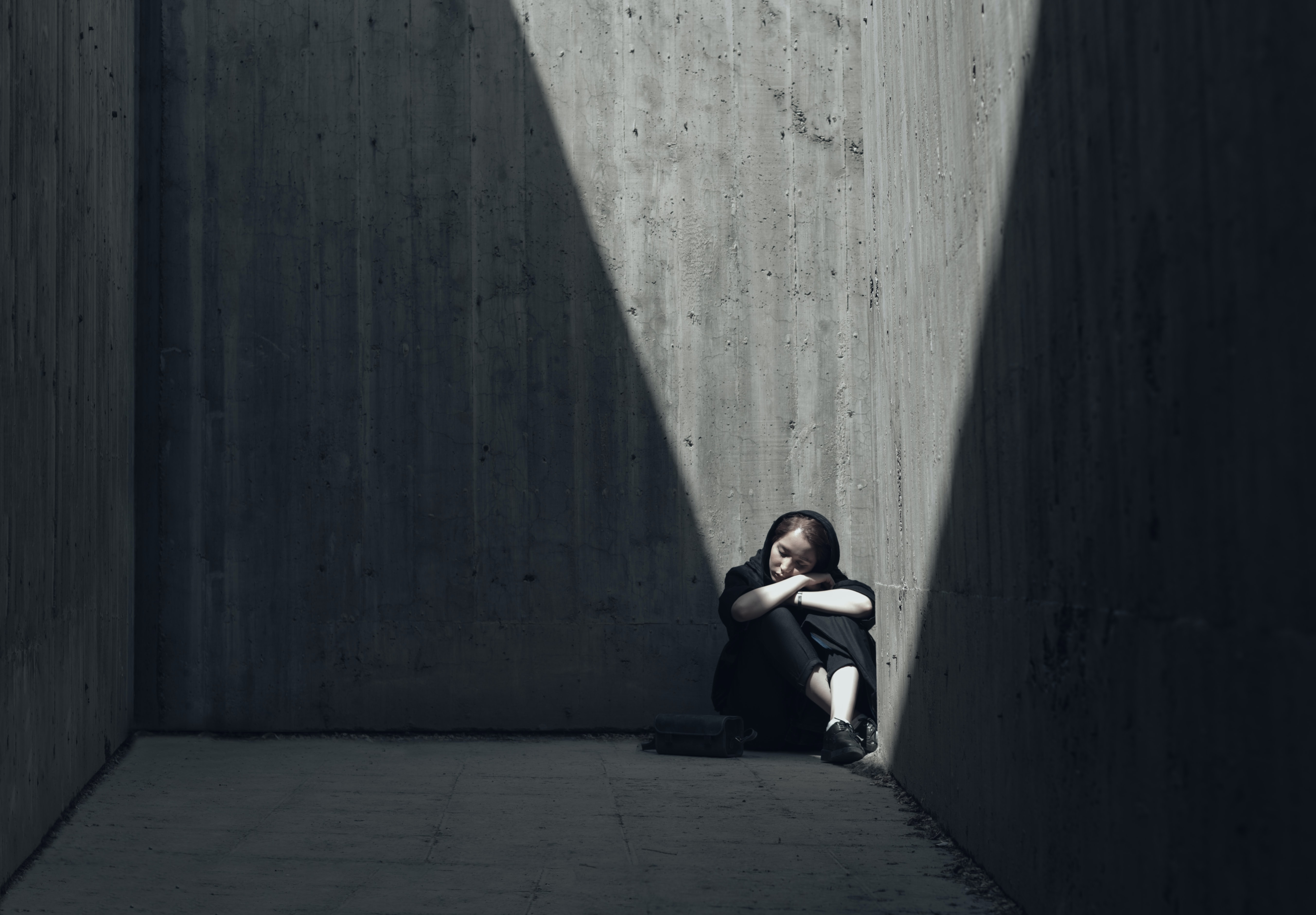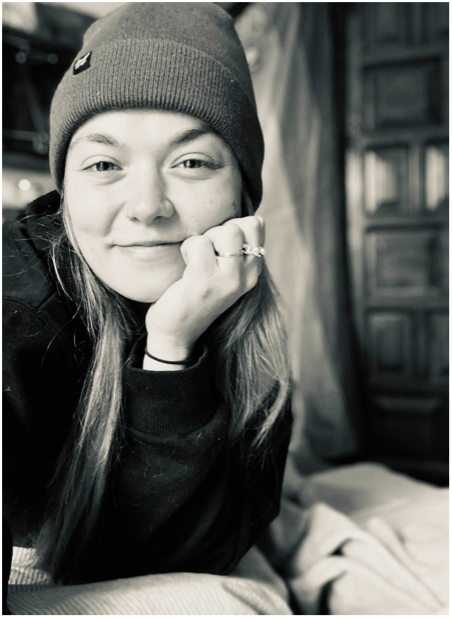
Is that actually healthy?
"Brush your teeth, honey, so you don't get cavities." I'm sure you've all heard this phrase before. Or "If you don't exercise enough, it can lead to heart problems". All phrases we have heard so often since childhood or adolescence that they have found their way into our subconscious. With every glass of wine, the decision to stay on the couch instead of going for a walk and every frozen pizza, big warning triangles appear in front of our inner eye.
In our society, being healthy still means being physically healthy. But where are the sentences like "Honey, you need to rest and take breaks so you don't get completely worn out at some point"? Or "Listen to your gut feeling when you make decisions so you don't overstep your boundaries?".
The neglected health
These are just a few examples that concern a much less considered health: mental health. Although on average every third German suffers from a mental illness requiring treatment at some point in his or her life, the preventive measures for this are rarely internalised. When we go through the human body in biology lessons at school, the psyche is rarely if ever discussed. The various anatomical parts of the human brain are learnt by heart, the hormones and receptors in the synaptic cleft are swotted up and words like hypothalamus-pituitary-adrenal axis are considered general knowledge. But where is the connection to reality here? Where are we told what we can do when we feel down for a long time, have stomach aches from anxiety or suffer from repeated black-outs in exams? Did you learn at school what mental health is, how to take care of your thoughts and emotions? Neither did we. That's why we have developed a basic mental health course..
Not just sick?
Dominique de Marné, the founder of the Mental Health Crowd, also learned nothing about mental health during her school years. As a result, she suffered from depression, an alcohol addiction and severe mood swings from the age of 16, explaining it to herself as a "character flaw" or her "weird, abnormal way". "I lost 10 years of my life because no one told me I had a mental illness". Dominique found help from a friend who advised her to seek therapy. "After that things got easier, I wasn't weird or stupid, I was just sick". This realisation changed everything in Dominique's life. There was a reason why she always felt so bad.
However, when she encountered the insecure reactions of other fellow patients who were ashamed and did not dare to be open about their illnesses, she no longer understood the world. She did not understand why it seemed to make a big difference whether one was mentally or physically ill. "A person with diabetes is not looked at strangely every time he measures his blood sugar and then presses a syringe into his stomach. He is not told: 'Now just pull yourself together and produce insulin'. I just didn't understand why I should be ashamed of my illness.
Why Mental Health Crowd
With these experiences in her pocket and a great desire to make a difference, Dominique de Marné started working for mental health. The Mental Health Crowd has since grown not only in members, but also in actions to make the world a little bit more tolerant. "We have made it our mission to educate about mental health, make people more competent in dealing with it and actively give them tools they can use for their own mental health".
Mental Health Literacy or basic mental competence
An important part of this work is the Mental Health Guide. It is supposed to take over the task that should have been done by the teacher, the parents or the big sister. The guide is a basic course on mental fitness. With the help of quizzes, videos, small exercises and a trial approach, with the help of those affected, relatives and professionals, a basic competence on the subject of mental health is to be conveyed here. It starts with the basics: the connections between one's own body and psyche, dealing with stress and the ability to be in the here and now in more and more moments. These modules form the basis for the more intensive parts of the guide.
Dive Deep into Mental Health
What influence do the circumstances in which we live have on our mental fitness and how can we deal with or change them? Why are emotions so elementarily important for our daily lives and what needs does a person actually have? What role do the relationships between me and my loved ones play? How do I actually relate to myself and my person?
As you can see, mental fitness is multifaceted and extensive and cannot be explained in a few sentences. That's why we came up with the idea of making the different areas of the psyche clear and understandable. "The guide is always with you, as an app on your mobile phone. It's a little gym for the mind, so to speak. And the most important thing for us was that it should be a lot of fun. Because mental health should not be treated behind closed doors, in black and white, with sad piano music."
Prevention instead of cure
Mental health naturally also includes mental illness. However, these tend to play a minor role for us. For us it is important to emphasise: where there is a person, there is a psyche. This means that you should not only start to deal with your psyche after an illness. After all, we don't start eating healthily and integrating exercise into our daily lives only after a heart attack. This is also how we should behave in order to keep our mental health healthy in the long term. Prevention is the key word here. We address all people with mental health: all people.
And that's fun too...
"Mental Health rocks" means that it is fun to deal with one's own mental fitness, to learn tools for dealing with the ups and downs of one's own life and the lives of others. And it's also a sure partner for a long-term healthy mind. Sounds good? Is good! We'd be happy if you took a look at our homepage or followed us on Instagram. And don't forget: It is okay to not be okay #mentalhealthawareness #mentalhealthliteracy
copyright photo: ali abiyar / unsplash

About the author
Lucia Kleekamm has been working in the Mental Health Crowd since 2019 in the area of marketing and communication. Raising awareness and destigmatising mental health is close to her heart and with the help of the Mental Health Crowd she wants to change how mental health is talked about: in general, earlier, more openly and not behind closed doors.
